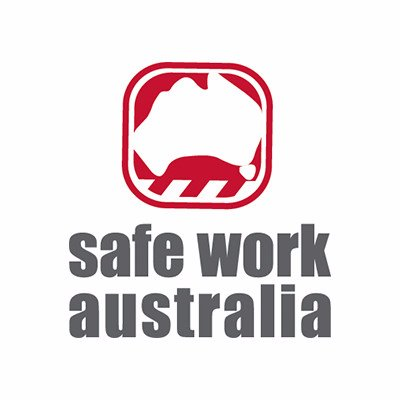
Asbestos Register
Asbestos, known for its harmful health effects, remains a concern in many Australian workplaces, particularly in buildings constructed before the widespread restrictions on its use. An asbestos register is a critical tool in managing this risk, ensuring the safety of workers and the public.
What is An Asbestos Register?
An asbestos register is a comprehensive document that records all identified asbestos within a workplace. Its primary purpose is to provide detailed information on the location, condition, and type of asbestos-containing materials (ACMs) and guide the creation of an asbestos management plan. This documentation is vital for safeguarding workers and the public, facilitating informed decisions about the management, containment, or removal of ACMs.
Who Needs an Asbestos Register?
The requirement for an asbestos register spans a broad spectrum of settings in Australia, especially those with structures erected before asbestos was banned in Australia at the end of 2003. This includes:
Commercial Buildings:
All workplaces operating in buildings built before 2004, or are likely to contain asbestos from imported building or machinery materials.
Construction Sites: Safety:
The asbestos register must be sighted by all construction or demolition workers working on sites that contain or may contain asbestos materials, including in the soil.
However, the limitations of a visual (division 5) inspection are typically inadequate for construction or demolition. In most cases, construction sites require an invasive (division 6) asbestos register to identify ACM in concealed areas that may become disturbed.
Educational Institutions:
Schools and universities built before the asbestos ban, ensuring the safety of students and staff.
Healthcare Facilities:
Hospitals and clinics, as part of their health and safety measures.
Residential Complexes:
Apartment buildings and residential complexes with shared areas potentially containing asbestos.
Are Asbestos Registers a Legal Requirement?

Under Australia’s Work Health and Safety Regulations, maintaining an up-to-date asbestos register is a legal requirement for all workplaces where ACMs have been identified. This mandate is crucial for ensuring compliance with health and safety regulations and effectively managing asbestos risks.
How Often Should an Asbestos Register Be Updated?
An asbestos register is not static; it must be regularly updated to reflect any changes, including the discovery of new ACMs, changes in the condition of existing ACMs, or the removal or disturbance of asbestos during construction, renovation, or maintenance activities.
Who is Responsible for Compiling an Asbestos Register?
Compiling and maintaining an asbestos register requires the expertise of professionals. This involves conducting detailed asbestos inspections, audits, and surveys to identify and assess the presence and condition of ACMs accurately. The property owner and persons managing the workplace both have legal responsibility for ensuring that an asbestos register is accurately compiled and maintained.
Global Asbestos Audits: Specialists in Asbestos Registers
asbestos within workplaces. Our expertise extends to conducting comprehensive asbestos surveys, preparing detailed asbestos reports, managing asbestos registers, and ensuring businesses and site managers comply with Australian health and safety regulations and maintain a safe environment for all occupants.
The need for an asbestos register is a clear directive within Australia, applicable to a wide range of workplaces and construction sites. The importance of such registers goes beyond legal compliance; they are a fundamental component of workplace safety. For those seeking expert assistance in asbestos inspections, audits, surveys, and the management of asbestos registers, Global Asbestos Audits stands ready to offer its services, ensuring compliance and safety in the face of asbestos-related challenges.
For professional support and to ensure your workplace meets the necessary safety and compliance standards, partner with Global Asbestos Audits.
